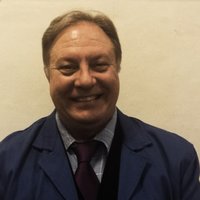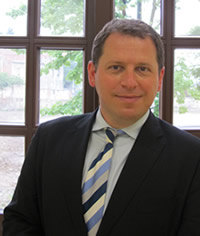Post-Graduate Certificate Course in Social Power
Post-Graduate Certificate Course at Inter-University Centre, Dubrovnik, Croatia
![]()
Social Power
Oct 31-Nov 2, 2016
This program was intended as an original exploration of the origins, nature, expressions and consequences of social power. This transdisciplinary post-graduate course examined ideas and issues of immense importance to humanity, which are often overlooked in our efforts to address pressing social challenges. The practical aim of the program was to identify ways in which the enormous untapped and underutilized social potential can be more fully converted into effective power to address pressing global challenges and enhance human security, development, welfare and well-being. The issues addressed apply to all dimensions of social life—political, legal, economic, academic, scientific, social, cultural and psychological.
Power is the capacity to accomplish work in any field. Jules Verne’s Around the World in 80 Days depicts the adventures of Phileas Fogg, an Englishman who performed the remarkable feat of travelling around the world in 80 days in 1872. Verne’s hero needed enormous courage, stamina and a life-time’s wealth in order to achieve it. Today a large portion of humanity has the capacity to circle the globe in less than 80 hours at relatively modest cost and very low risk to life and property. As society advances, our individual and collective power for accomplishment is increasing.
We live in a time of unprecedented capacity for accomplishment in every field of social life. Since 1800, average global per capita income has risen 12-fold, signifying an enormous increase in the capacity of society to feed, clothe, house, educate, employ and protect the lives of a more than 7-fold increase in world population. Never before has humanity possessed social power of this magnitude. Never before has power been so widely distributed within society. The average citizen today enjoys freedom, privileges, comforts, and conveniences unavailable even to the wealthiest and most powerful in earlier centuries. Smartphones, internet and mobile communications have dramatically changed social equations. Billions of people have instantaneous access to knowledge and communication capabilities that a quarter century ago was accessible only to privileged. Underprivileged and oppressed minorities now have ways to fight repression, demand justice and mobilize political support. Today, anyone can make a video and spread their message globally through social networking sites. Students everywhere have access to thousands of free world-class on-line courses from premier universities. Human relationships and networks are the core of modern society. Technology combined with increasingly complex systems and organizations has spurred exponential expansion of network multiplier effects.
The gains are not only the result of technological advances. Far from it. Democracy, law, human rights, universal education, medical advances, scientific research, radically improved transportation and communication, the exponential growth of the media, ubiquitous access to entertainment and many other forms of social organization have become sources and instruments for the generation and distribution of power to promote human security, welfare and well-being.
Society governs the possession and exercise of this power through formal structures and institutions, such as government, law and human rights, public education, medical systems, transport and communication networks, financial systems and commercial enterprises. Social power also acts through both legitimate and extra-legal informal mechanisms, including status, wealth, popularity, political influence and corruption. Money can buy anything, as the proverb says. But it can also open doors and gain access to seats of power for the wealthy without their even spending it. Legally it provides access to the best education and medical care in the world. But it also makes possible the exercise of illegitimate forms of power that threaten to transform democracy into plutocracy.
The distribution of social power in its various forms powerfully impacts on the overall strength, integrity, harmony and welfare of society. History confirms that the wider and more equitable the distribution of rights, powers, privileges, the more prosperous, vibrant and stable the society will be. The more power is distributed, the more limited is the authority of the privileged individual, but the greater is the cumulative power of the social collective. That is why the wealthiest monarch of 1800 has less effective power for accomplishment than the average citizen today.
Social power is ubiquitous. The process of its generation and expression is fundamental to all human activities. Thus, it is natural that the importance of social power was frequently raised during WAAS conferences on human-centered development paradigm, new economic theory, individuality, employment, global governance and rule of law, human rights, values, peace and security.
This transdisciplinary lecture series explored the sources, expressions, determinants and consequences of the creation, distribution and exercise of social power in politics, economy, society and individual psychology. It examined the different forms in which power develops and acts, including military, government and political parties, law, commerce, communication, transportation, media, religion, technology, science, education and other social expressions. It also examined the process by which social potential develops, gets organized and channeled for social progress, as well as the process by which power is usurped or diverted for the benefits of smaller elites.
For purposes of clarity, we propose to distinguish between three different levels of the development and exercise of social power.
- Social Potential: Society possesses immense power to accomplish its goals through all formal and informal sources of knowledge, human initiative, social organization, institutions, technology and skills. This power grows exponentially as society evolves, as illustrated by the capacity to move people, information and money at high speed around the world or the unprecedented capacity to impart a wide range of education to members of the society. This is social power in its most basic form of social potential. Globalization, the birth of the Internet, the rise of global civil society and technological advances have dramatically multiplied the forms and quantity of social potential. In practice, only a small fraction of this potential is called into action, except under extreme circumstances such as those prevalent at times of war and extreme natural disasters. Society possesses a vast underutilized potential which can be tapped to further enhance human security and well-being.
- Institutionalized Power: The social potential can be thought of as a huge reservoir of energy, like the radiation pouring on earth from the sun. But the benefit we draw from that energy depends on our capacity to capture, transform, direct and channel that energy for specific applications. Social organizations are the means we employ to channel human energies and convert it into effective social power. The social collective generates and exercises power through the authority of formal social systems and institutions—national governments and international organizations, laws, political parties, courts, military, religion, universities, research institutes, financial institutions, companies (utilities, telecoms, etc.) and NGOs (Red Cross). It accords them a formal sanction to legally exercise political, economic, social and other forms of power on behalf of and for the welfare of the collective. Rapid advances in the development of social institutions in all fields have played a critical role in multiplying the power of modern society.
- Informal: In addition, social power is also generated and exercised informally outside the recognized formal structure and systems. This source also is of immense importance and merits very serious examination. Gorbachev exercised immense influence in the world positively far beyond his political power as President of the former Soviet Union even after he lost power. The remarkable role played by J. P. Morgan in averting financial collapse in 1907 at a time before the founding of the Federal Reserve System is a positive example of the exercise of informal social power. Nobel Laureates and other eminent intellectuals such as those who founded WAAS leverage their standing in society to influence and achieve results beyond their personal domain of action. Well-known business leaders, outstanding sportsmen, cinema stars and other entertainers also exercise influence beyond their fields of direct action, as Steve Jobs transformed personal computer technology and Bill Gates campaigned for eradication of infectious diseases. Many of these instances are beneficial to the society. The role of business and civil society in global governance today act as extra-national agents of power.
Different forms of social power are readily interconvertible. Each of the types and levels of social power interact with other types and levels. Political influence translates into money power and vice versa. The distortion of democracy to serve elites through money power is a negative instance of informal power. Popularity can be converted into political, monetary and social power, etc. Indeed, money is convertible into almost all forms of social power and almost all forms of social power can be converted into money. The combination of two or more forms of power multiplies their potential and creates new forms. The power of media exercises enormous influence over politics, business and finance. The technology of personal computers and telecommunications combine to create the Internet. The internet in turn has enabled many forms of power to interact and combine to form new sources of powers, as exemplified by Apple iTunes, Google, Amazon, Facebook, Uber, bitcoin and so many others.
Course Directors: Garry Jacobs, CEO, World Academy of Art & Science; Alberto Zucconi, President, Person Centered Approach Institute, Italy; Winston Nagan, Professor of Law, University of Florida, Gainesville; Goran Bandov, Vice Dean, Dag Hammarskjöld University College of International Relations and Diplomacy, Zagreb.
This provisional list of topics for speakers and panelists covers all fields and applications of social power.
- Nature and types of social power
- What is society?
- What is social power?
- What forms does it take?
- What are the sources of power?
- How is power generated in society and magnified?
- How is social potential converted into effective power for accomplishment?
- How is power transferred from one form of social power to another?
- Human Relationships and Social Power
- How do human interactions and relationships create power?
- How is this power enhanced and curtailed?
- How do networking institutions such as the internet further enhance the generation, distribution and productivity of social power?
- What are the limits to the creative potential of human relationships?
- What can society do to maximize the positive power generated by our relationships?
- Formal centers of social power
- How does power become institutionalized in formal social organizations?
- What is the source of political power and how is it converted into institutions of governance?
- How is legal power generated by society and how does it grow?
- What is the relationship between legal power and the consent of the governed?
- What is the role of human rights in fostering the distribution of social power?
- How has society enhanced access and equitable distribution of power in recent centuries?
- Informal centers of social power
- What are the informal types and sources of social power?
- How has the development of transport, communications, computing and other technological advances enhanced the power of society and its individual members?
- How can the power generated by the media, news, television and cinema be more effectively utilized to promote individual and collective welfare and well-being?
- How can these informal centers of social power be utilized to enhance the overall capacities of individuals and groups in society?
- Knowledge as Power
- What is meant by the idea that knowledge is power?
- What are the implications of knowledge as power for individuals, governments, science and society?
- What is the role of education in the development and distribution of social power?
- What is the implication of knowledge power in the role of education in society?
- Freedom, Democracy and the Distribution of Power
- What is the relationship between freedom and power?
- What determines whether the possession and exercise of power is democratic or authoritarian?
- What is the relationship between the distribution of social power, social harmony and human welfare?
- Legitimacy & Legality
- What is the difference between authorized and unauthorized exercise of power?
- What is the role of illegitimate forms of social power?
- How are they created and managed?
- How does society mitigate and control the usurpation of power?
- What more can it do?
- Individuality & Social Power
- How does society empower and disempower individuals?
- How do values generate social power?
- What is the relationship between individual empowerment and social progress?
- What are the consequences for the emergence of competent and creative individuals?
- How do individuals become subordinated to money, technology, government and other sources of social power which they develop and utilize?
- What are the implications for the development of the collective?
- What can be done to further empower individuals to promote human welfare and well-being?
- Money and Power
- What characteristics make money a uniquely effective instrument for the inter-convertibility and exercise of social power?
- How do money and political power interact with one another?
- What are the remedies for the increasing concentration of wealth and power that constitute the basis for plutocracy?
- How can the wider distribution of money be used as a spur to more rapid and equitable social development?
- Global Social Power
- What is the source of power at the international level?
- How is global power allocated and distributed?
- How is the allocation and distribution of power changing internationally and what are the forces behind the change?
- How do nation-states stake their claims to global power through national sovereignty?
- How do international organizations and civil society foster the sovereignty of humanity?
- What measures can be undertaken to further the distribution of social power to nation states, the human community and individuals at the global level?
- Strategies for equitable distribution of social power
- What would be the consequences of an equitable distribution of power in society?
- How can it be achieved?
COURSE DIRECTORS
|
Garry Jacobs, |
Alberto Zucconi, |
Winston Nagan, |
Goran Bandov, |
COURSE FACULTY
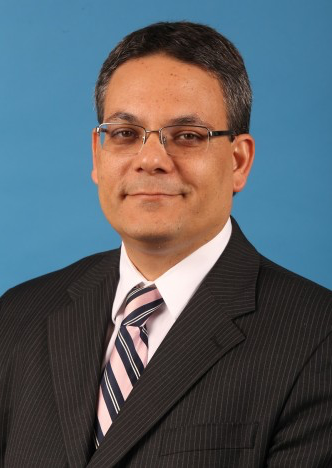 Saulo Casali Bahia Law; Federal Judge, Brazil; Associate Professor, Faculty of Law, Federal University of Bahia, Brazil; Member, WAAS Board of Trustees. |
 Zbigniew Bochniarz Economics. Trustee, WAAS; Professor, Kozminski University (Warsaw), University of Washington (Seattle) and Harvard Business School |
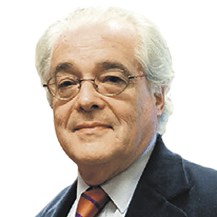 João Caraça Physics; Director, Gulbenkian Foundation; Professor, Institute of Economics and Management, Technical University of Lisbon; Fellow, World Academy of Art & Science. |
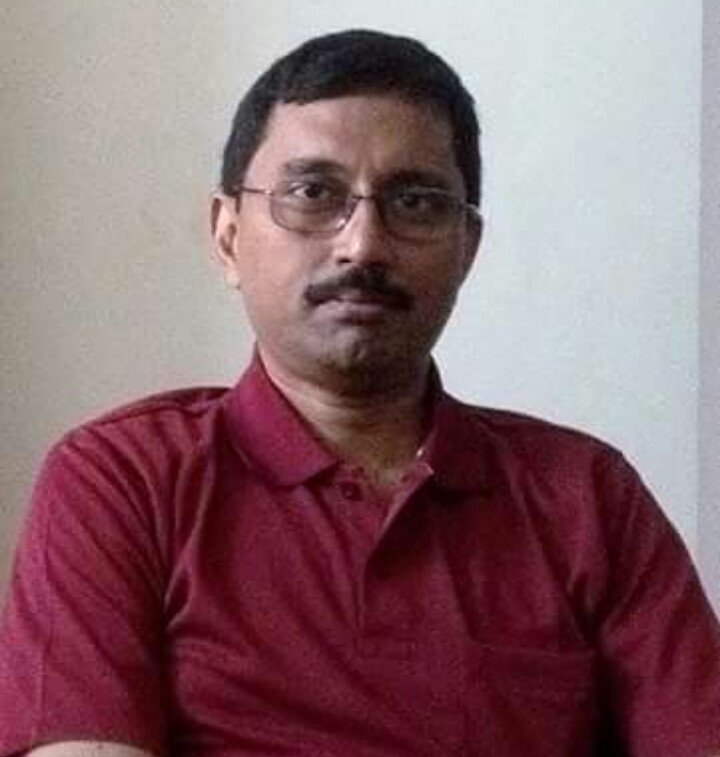 Chandrasekaran Literature, Social Sciences & Business. Senior Research Fellow, The Mother's Service Society, India; Fellow, Institute of Chartered Accountants of India; Author of several novels, short stories, career guidance books, and technical articles. |
 Emil Constantinescu Geology; Former President of Romania; Founding President of the Institute for Regional Cooperation and Conflict Prevention; Member, WAAS Board of Trustees. |
 Momir Djurovic Engineering; President, Montenegrin Academy of Sciences and Arts; Former Dean, University of Montenegro; Member, WAAS Board of Trustees. |
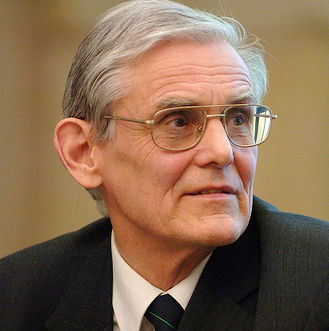 Juri Engelbrecht Mechanics; Former President, current Board Member, Estonian Academy of Sciences; Head of the Centre for Nonlinear Studies, Tallinn University of Technology; Member, WAAS Board of Trustees. |
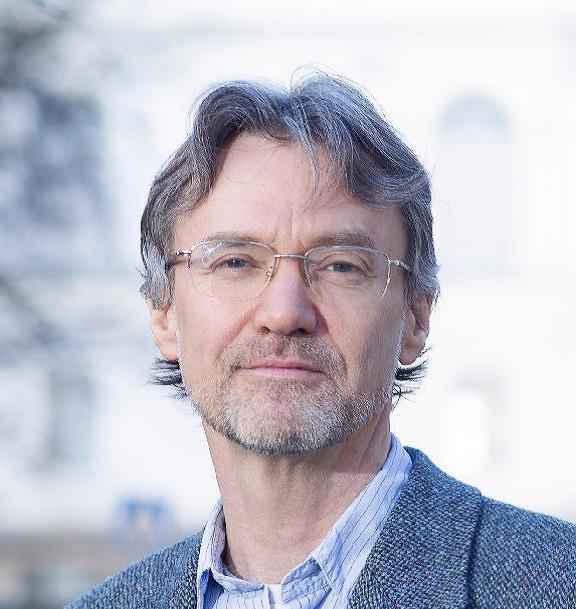 Barry Gills Economics; Professor, Department of Political and Economic Studies, University of Helsinki; Former Professor of Global Politics, Newcastle University, UK; Fellow, World Academy of Art & Science.. |
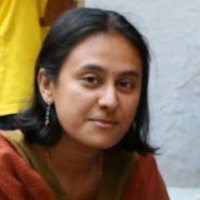 Janani Harish Literature. Associate Fellow, WAAS; Senior Research Analyst, The Mother’s Service Society.. |
 Eric Hoedl Economics; Vice-President, European Academy for Sciences and Arts; Former Rector, Wuppertal University and Graz University of Technology; Fellow, World Academy of Art & Science. |
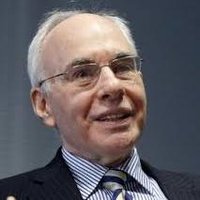 Garry Jacobs Social Science & Management; Chief Executive Officer, World Academy of Art & Science; Chairman of the Board, World University Consortium. |
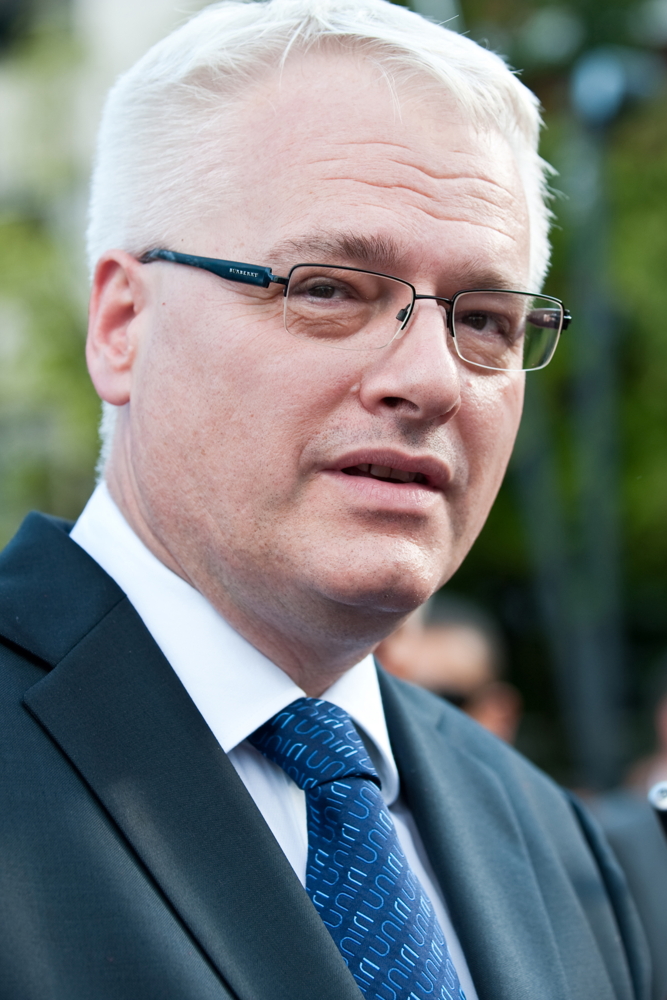 Ivo Josipović Law & Music; Former President of Croatia; Jurist; musician and composer |
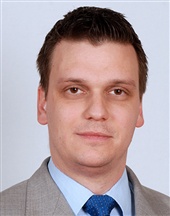 Igor Kolman Hrvatski sabor; Vice-chair, Committee on European Affairs; Member, Committee on Foreign Policy; Member, Committee on Education, Science and Culture; Parliamentary Assembly of the Council of Europe: Vice-chair, Committee on Social Affairs, Health and Sustainable Development. |
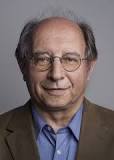 Božo Kovačević Politics; former Ambassador Extraordinary and Plenipotentiary of the Republic of Croatia to Russian Federation, former Minister for Environment, former MP and co-founder of Croatian Social-Liberal Party |
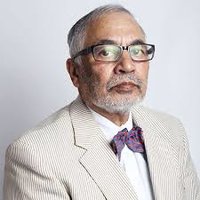 Winston Nagan Law; Chairman of the Board, WAAS; Professor of Law, University of Florida; Director, WUC.. |
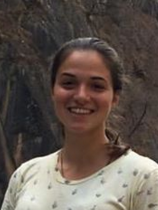 Marta Nešković Anthropology. Doctoral student of Ethnology and anthropology at the University of Belgrade; Serbia; Junior Fellow of WAAS. |
 Herwig Schopper Physics; former Director General CERN; Chairman of Scientific Council of UNESCO International Basic Science Program.. |
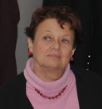 Rodica Stefanescu Management. Senior Independent Management Consultant; Former Director of Student Affairs & International Programs, Ecological University, Bucharest. |
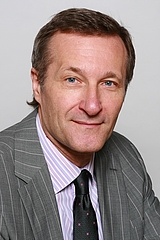 Tibor Tóth Nuclear Disarmament; Ambassador, Executive Secretary Emeritus, Comprehensive Nuclear-Test-Ban Treaty Organization PC.. |
 Alberto Zucconi Psychology; President, Person-Centered Approach Institute, Italy; Treasurer, World Academy of Art & Science; Secretary General, World University Consortium.. |
Sources, References and Background Reading
- Society & Social Power by Janani Harish, Cadmus, Vol 2, Issue 3, Oct 8, 2014, p.37.
- The Power of Money by Garry Jacobs & Ivo Slaus, Cadmus, Vol 1, Issue 5, Oct 24, 2012, p. 68.
- Foundations of Economic Theory: Money, Markets, Social Power & Human Welfare by Garry Jacobs, Cadmus, Vol 2, Issue 6, May 2016, p.20.
- Homoeconomico-politicus, Scientific Consciousness, and the Defense of Fundamental Values in the Context of the Climate Change Crisis: The Challenge of Scientific Responsibility for the Future of Economic and Political Science, by Winston Nagan and Megan Weeren, Cadmus, Vol 2, Issue 6, May 2016, p.168.
- New Paradigm for Global Rule of Law by Winston Nagan & Garry Jacons, Cadmus, Vol 1, Issue 4, April 2012, p. 130.
- Social Responsibility and Self-governance by the Scientific Community by Momir Durovic, Cadmus, Vol 2, Issue 6, May 2016, p.13.
- Knowing Beyond the Structure: Maximizing Social Power through a Synergistic, Values-based Approach on Diversity by Marta Nescovic, Cadmus, Vol 2, Issue 6, May 2016, p.128.
|
OCTOBER 31, 2016 |
|||
|
No. |
TOPIC |
SPEAKER |
PANELISTS |
|
1 |
Introduction |
G. Jacobs (Paper | Presentation) |
|
|
2 |
Nature and Types of Social Power |
G. Jacobs |
H. Schopper (Paper | Presentation) M. Djurovic (Paper | Presentation ) J. Caraça |
|
3 |
Human Relationships and Social Power |
A. Zucconi (Paper | Presentation) |
E. Hoedl J. Caraça (Presentation) M. Nešković (Paper) |
|
4 |
Global Social Power |
T. Tóth (Presentation) |
M. Djurovic (Presentation) S. Bahia B. Gills |
|
5 |
Formal Centers of Social Power |
S. Bahia (Paper | Presentation) |
T. Tóth M. Chandrasekaran (Presentation) W. Nagan |
|
NOVEMBER 1, 2016 |
|||
|
No. |
TOPIC |
SPEAKER |
PANELISTS |
|
6 |
Knowledge as Power |
H. Schopper (Presentation) M. Djurovic (Presentation) |
J. Caraça R. Stefanescu (Paper) P. Asokan |
|
7 |
Informal Sources of Social Power |
W. Nagan |
A. Zucconi J. Engelbrecht J. Harish (Presentation) |
|
8 |
Freedom, Democracy and Distribution of Power |
E. Constantinescu (Paper | Presentation) |
|
|
Hybrid Forms of Political Representation. Opportunity or Danger? |
I. Kolman (Presentation) |
||
|
9 |
Music and Politics |
I. Josipović (Presentation) |
|
|
10 |
Open Discussion and Q&A with online participants |
||
|
NOVEMBER 2, 2016 |
|||
|
No. |
TOPIC |
SPEAKER |
PANELISTS |
|
11 |
Money, Power & Values |
Z. Bochniarz (Paper | Presentation) |
M. Chandrasekaran (Paper | Presentation) W. Nagan G. Jacobs (Presentation) |
|
12 |
Legitimacy and Legality |
W. Nagan |
S. Bahia (Presentation) T. Tóth (Presentation) |
|
13 |
Strategies for Equitable Distribution of Social Power |
E. Hoedl (Paper) |
Z. Bochniarz (Presentation) B. Gills G. Jacobs (Presentation) |
|
14 |
Individuality & Social Power − The Social Construction of Individual & Social Power |
A. Zucconi (Presentation) |
J. Engelbrecht J. Harish (Presentation) M. Nešković (Paper) |
|
15 |
Concluding Session |
G. Jacobs |
|
|
The certificate of completion is issued by the World Academy of Art and Science, World University Consortium, The Inter University Center and Dag Hammarskjold University College of International Relations and Diplomacy. There is a fee of 25 euros for students seeking the Certificate of Completion. Please post in the discussion forum as an assessment and to express your views. |
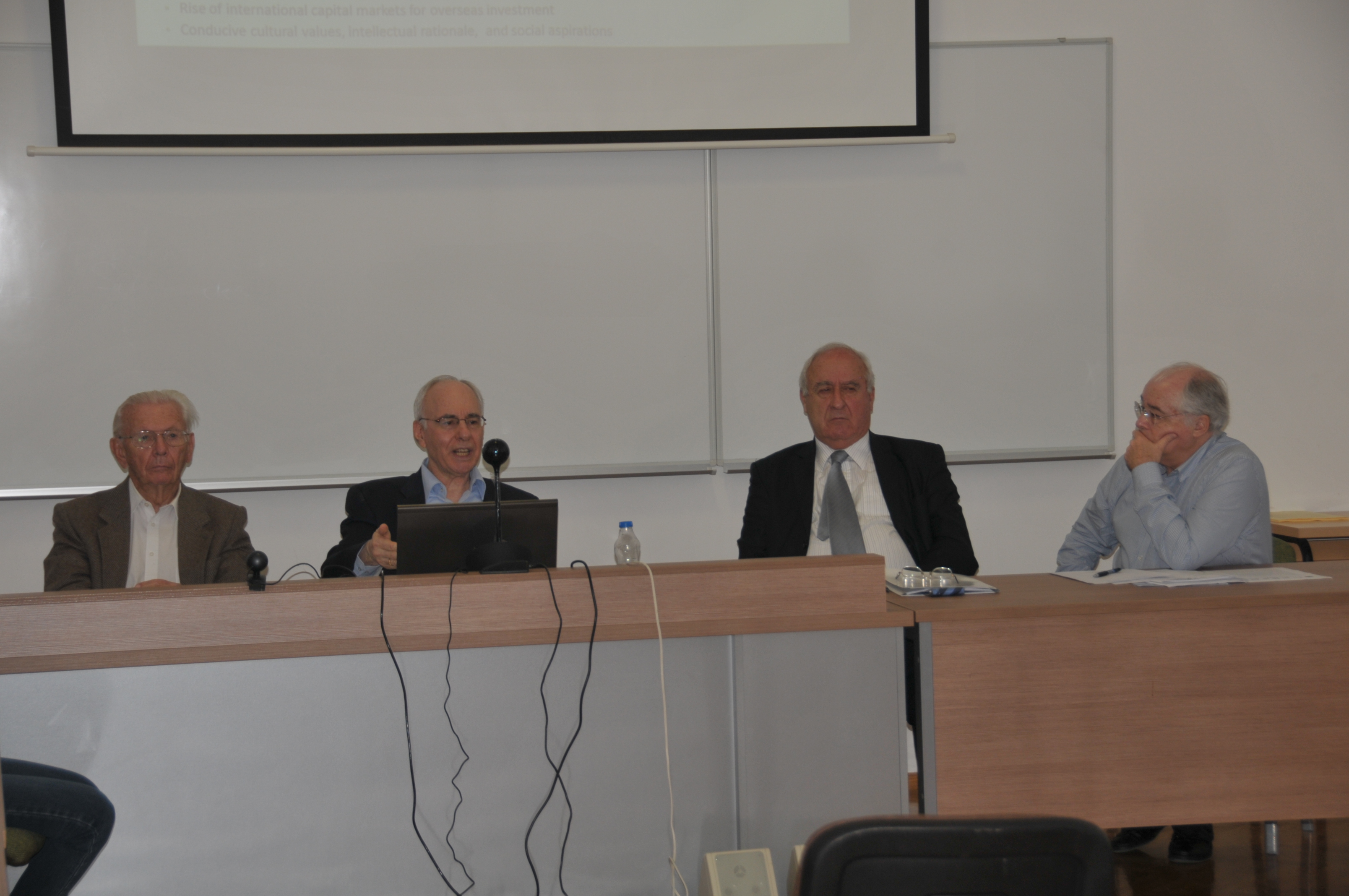 Herwig Schopper, Garry Jacobs, Momir Djurovic |
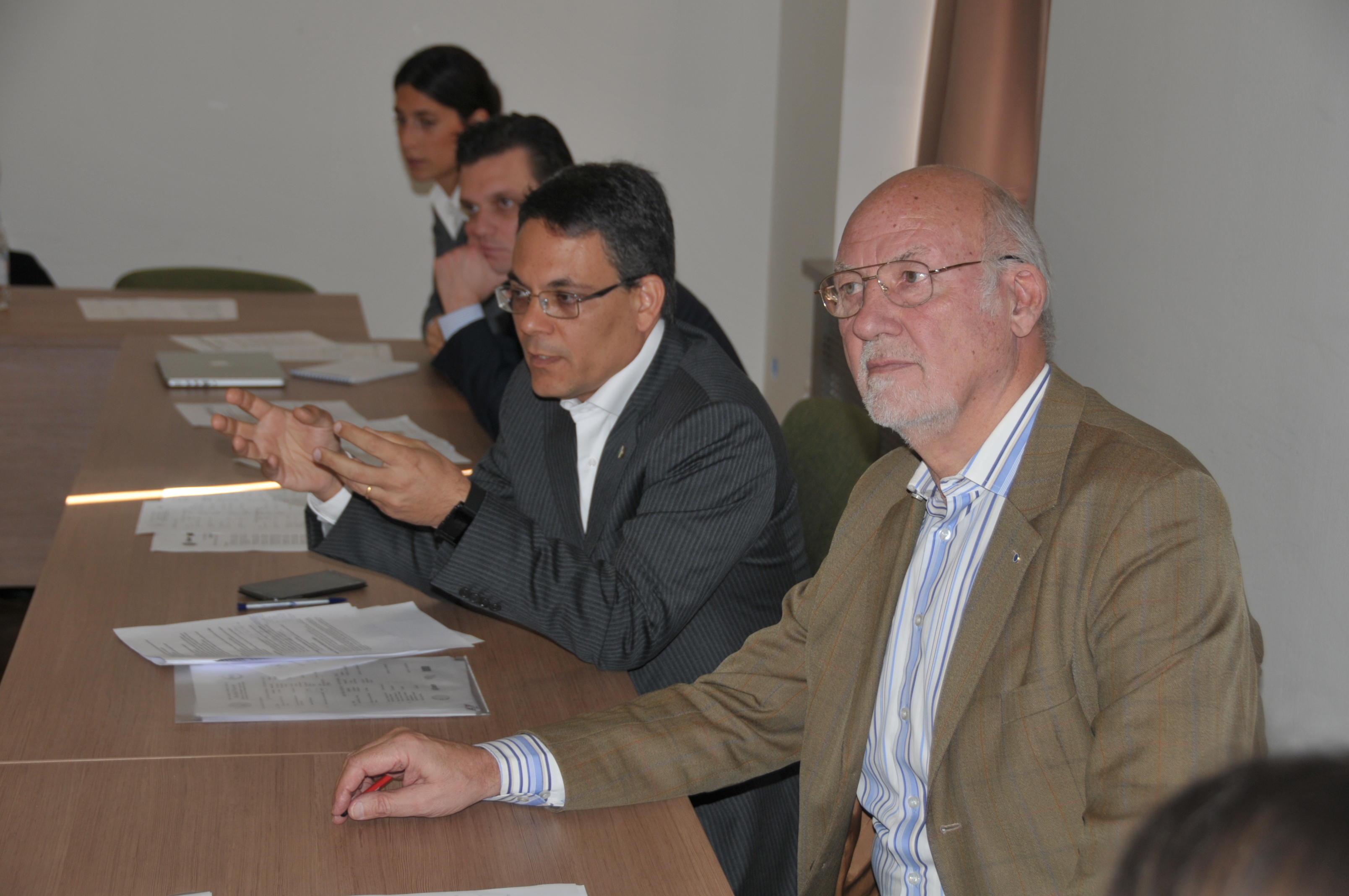 Erich Hoedl, Saulo Bahia, Igor Kolman |
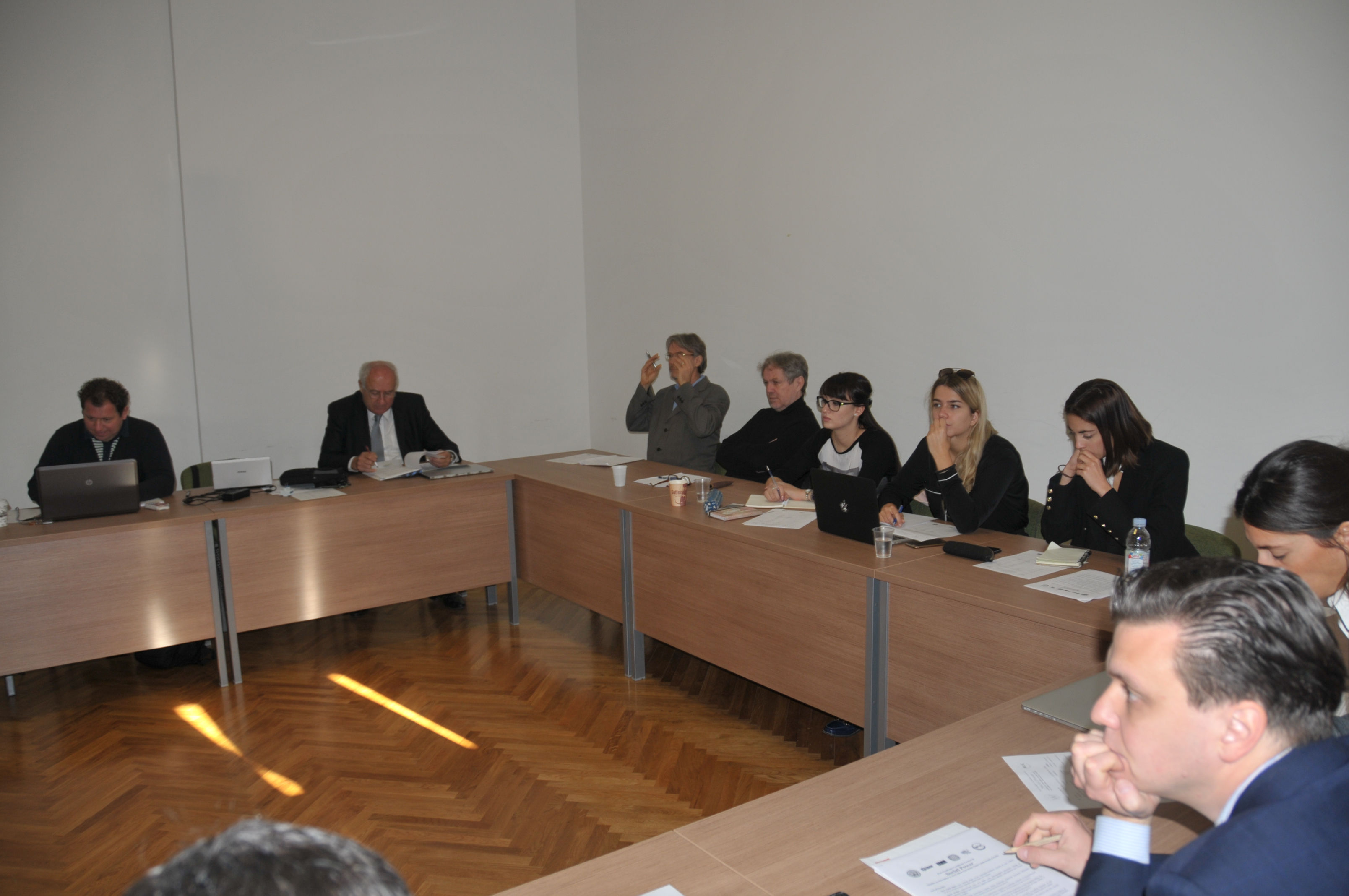 |
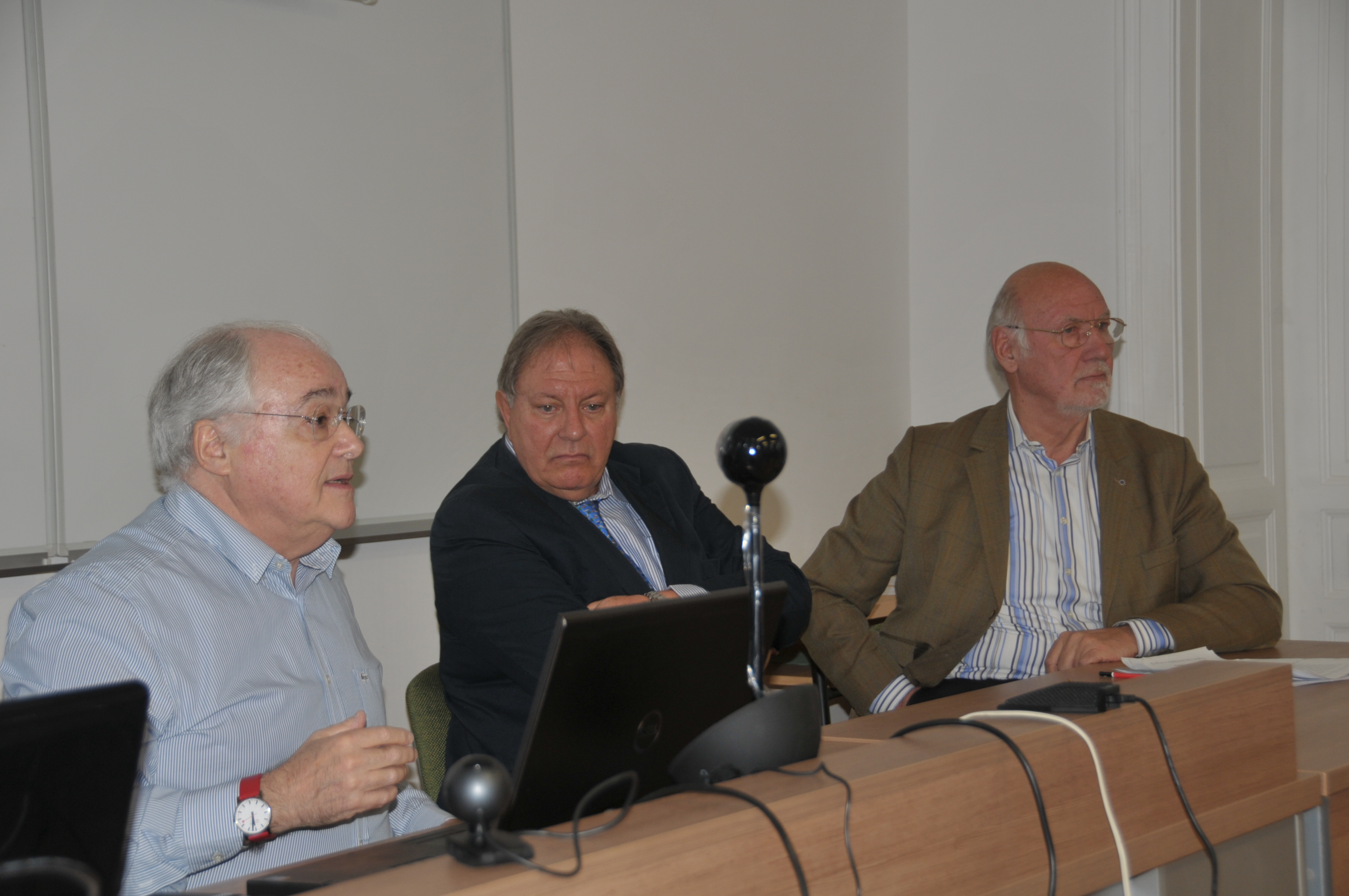 João Caraça, Alberto Zucconi, Erich Hoedl |
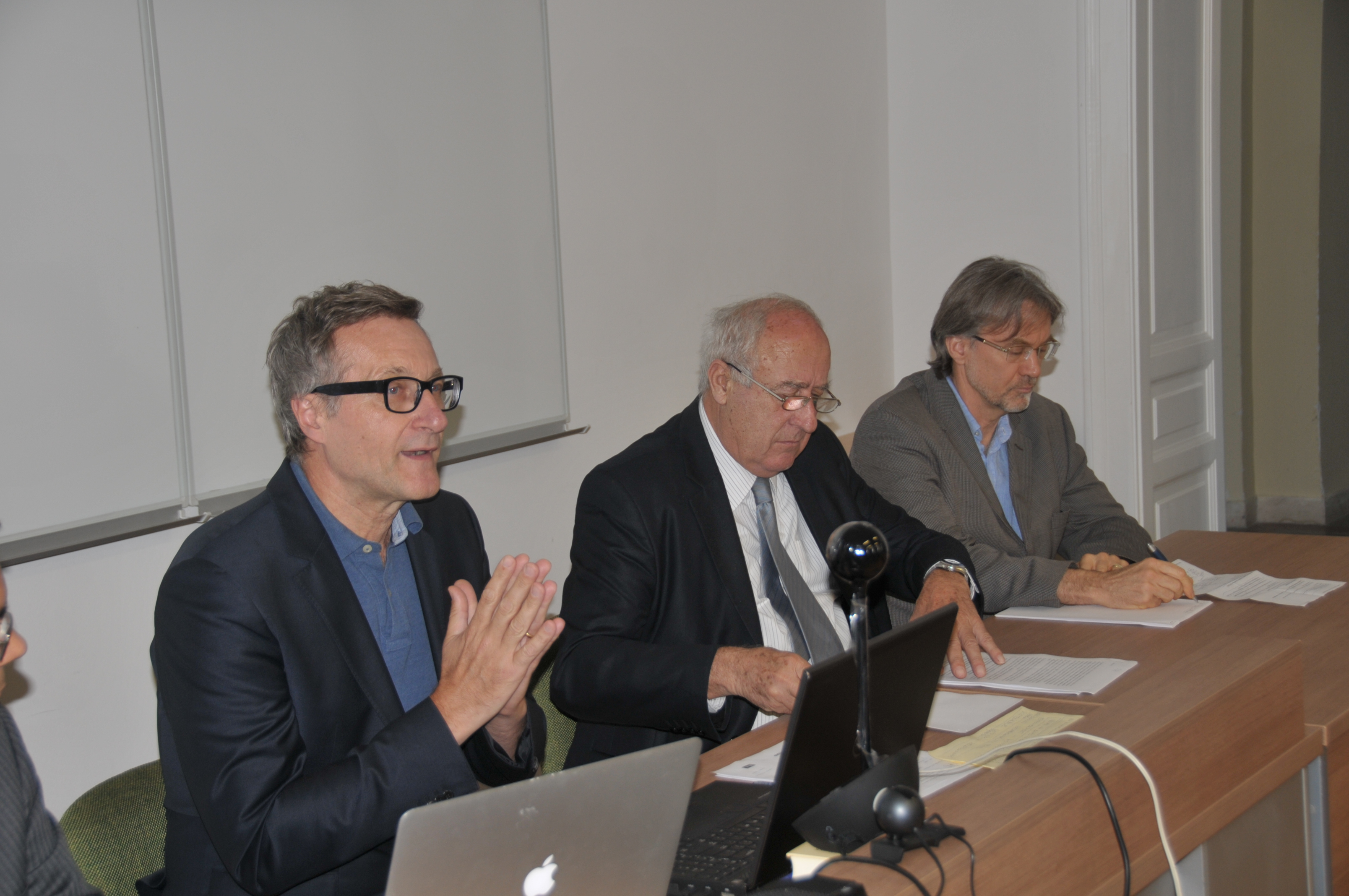 Tibor Toth, Momir Djurovic, Barry Gills |
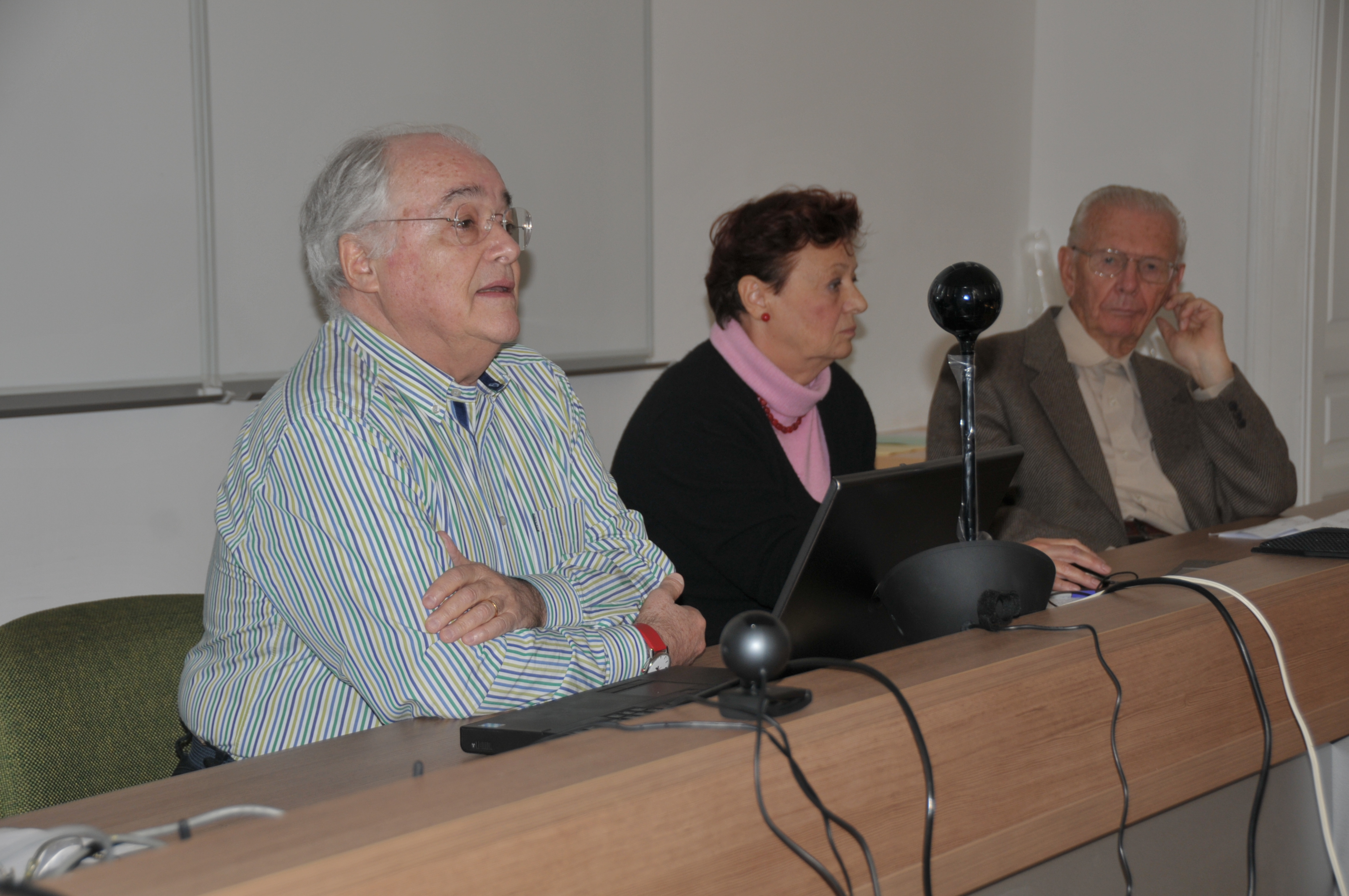 João Caraça, Rodica Stefanescu, Herwig Schopper |
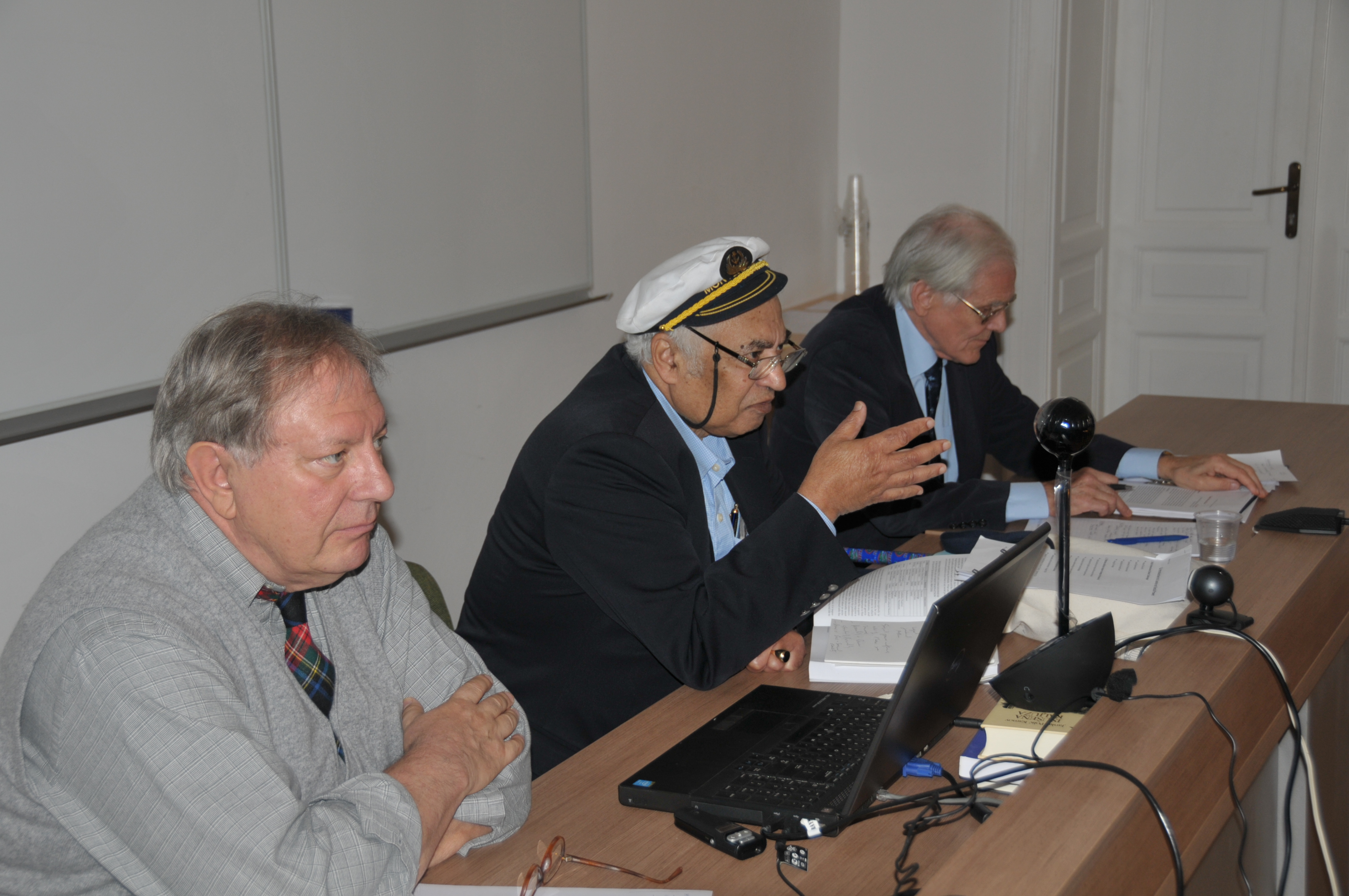 Alberto Zucconi, Winston Nagan, Juri Engelbrecht |
 Emil Constantinescu, Garry Jacobs |
 Herwig Schopper, Juri Engelbrecht |
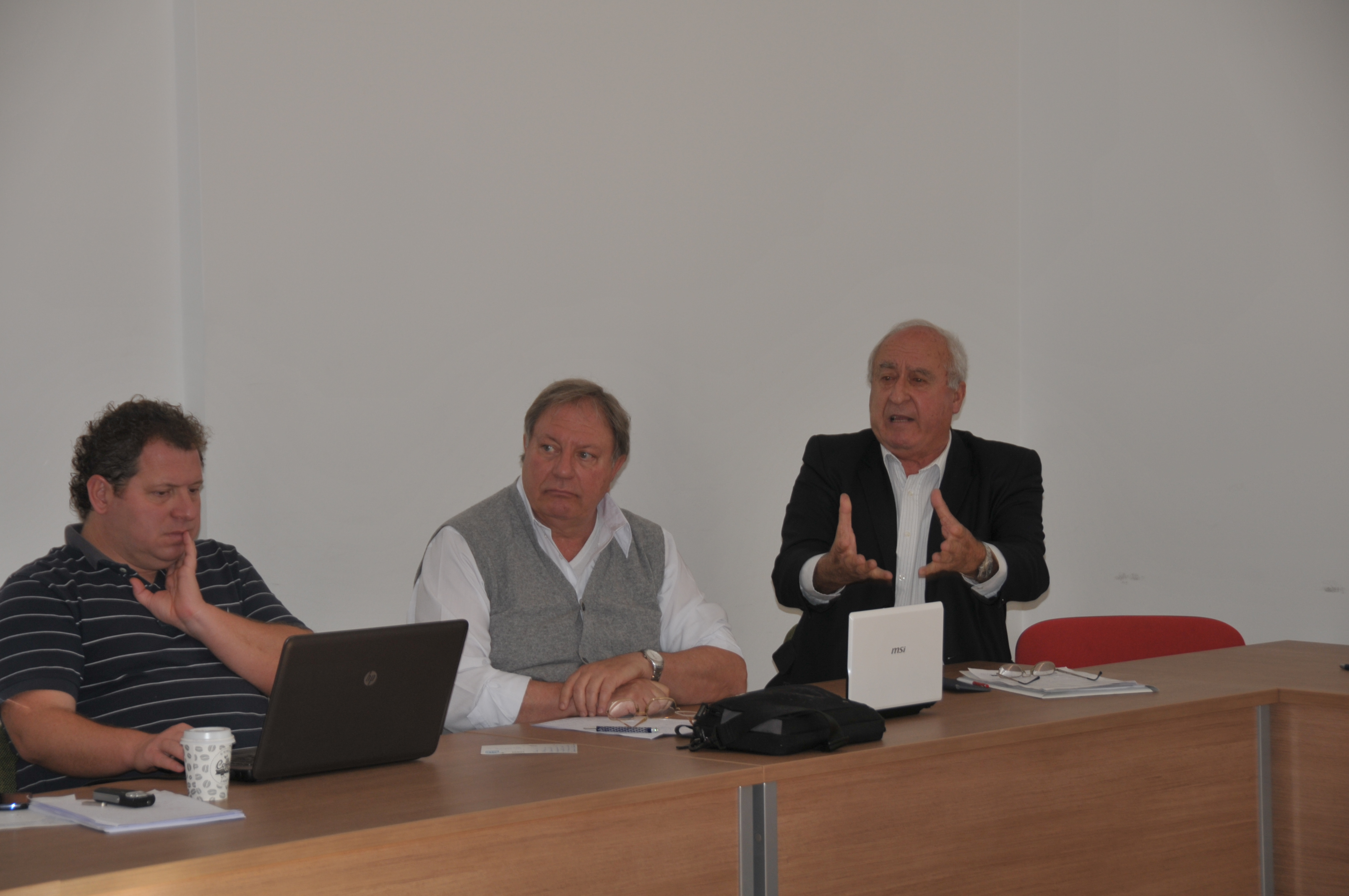 Alberto Zucconi, Momir Djurovic |
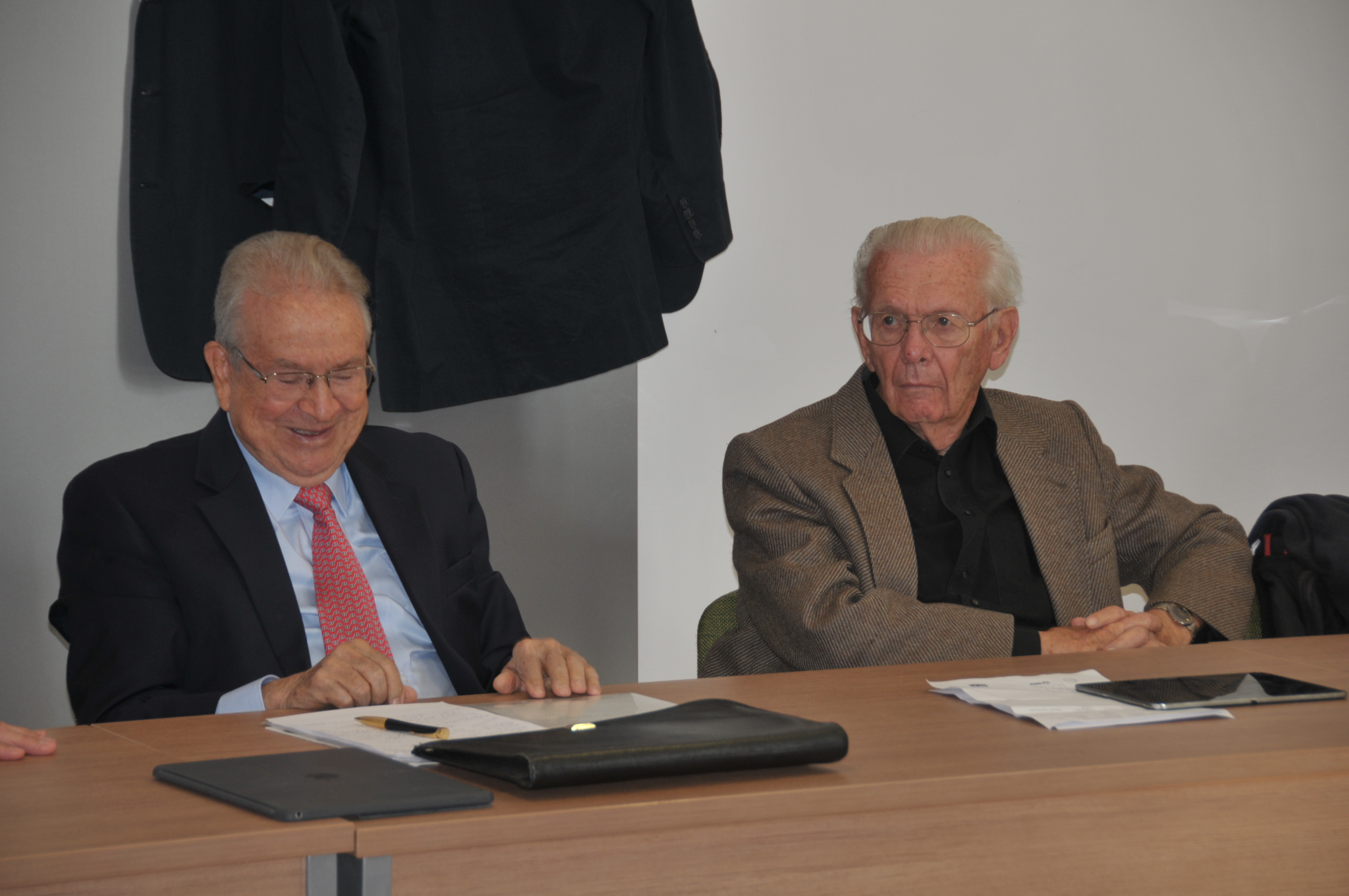 Heitor Gurgulino de Souza, Herwig Schopper |
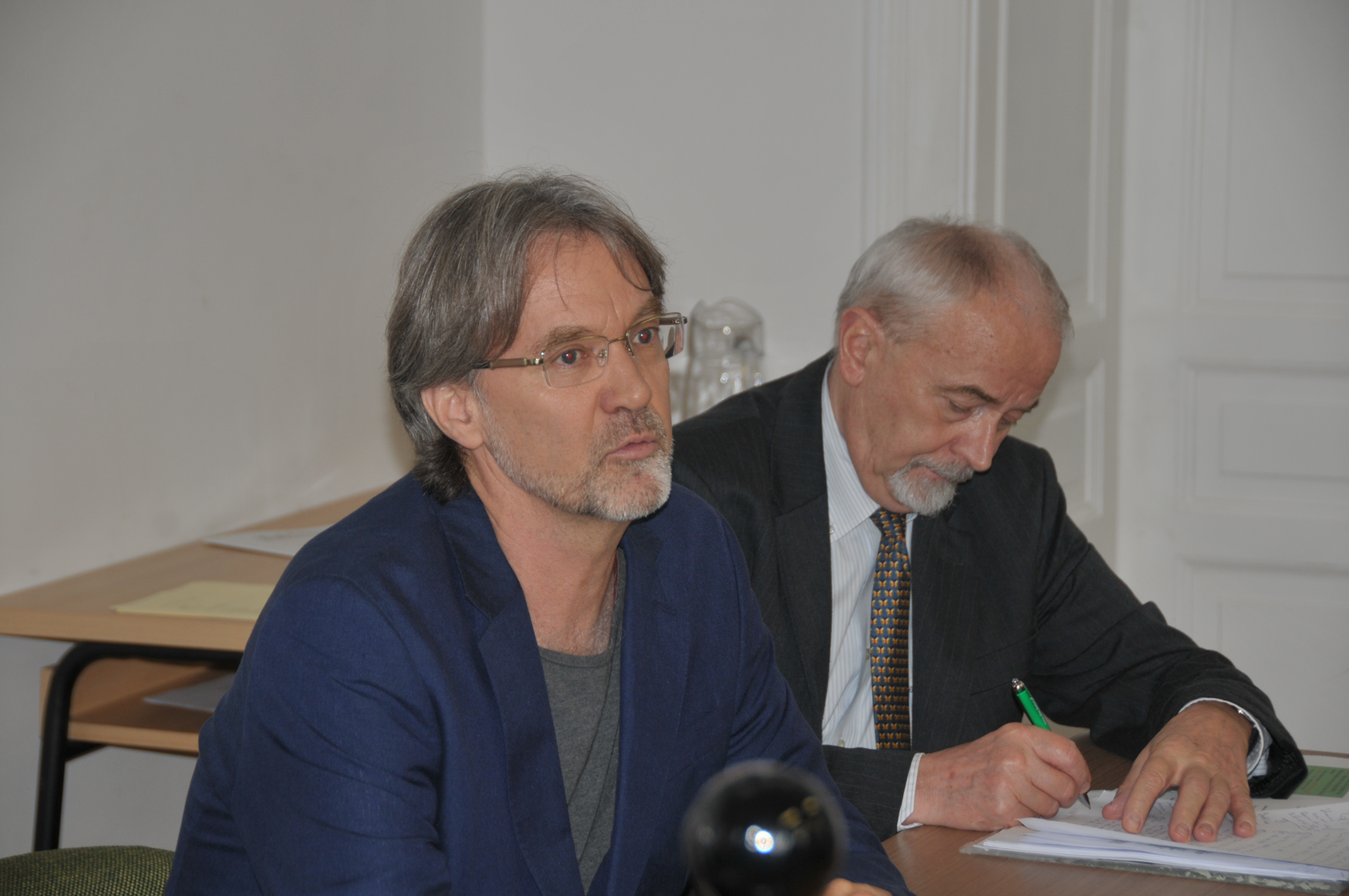 Barry Gills, Zbigniew Bochniarz |
